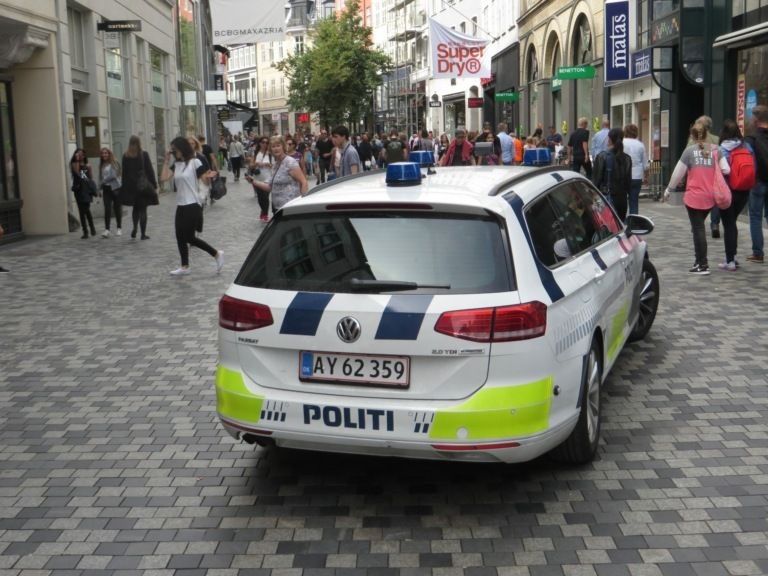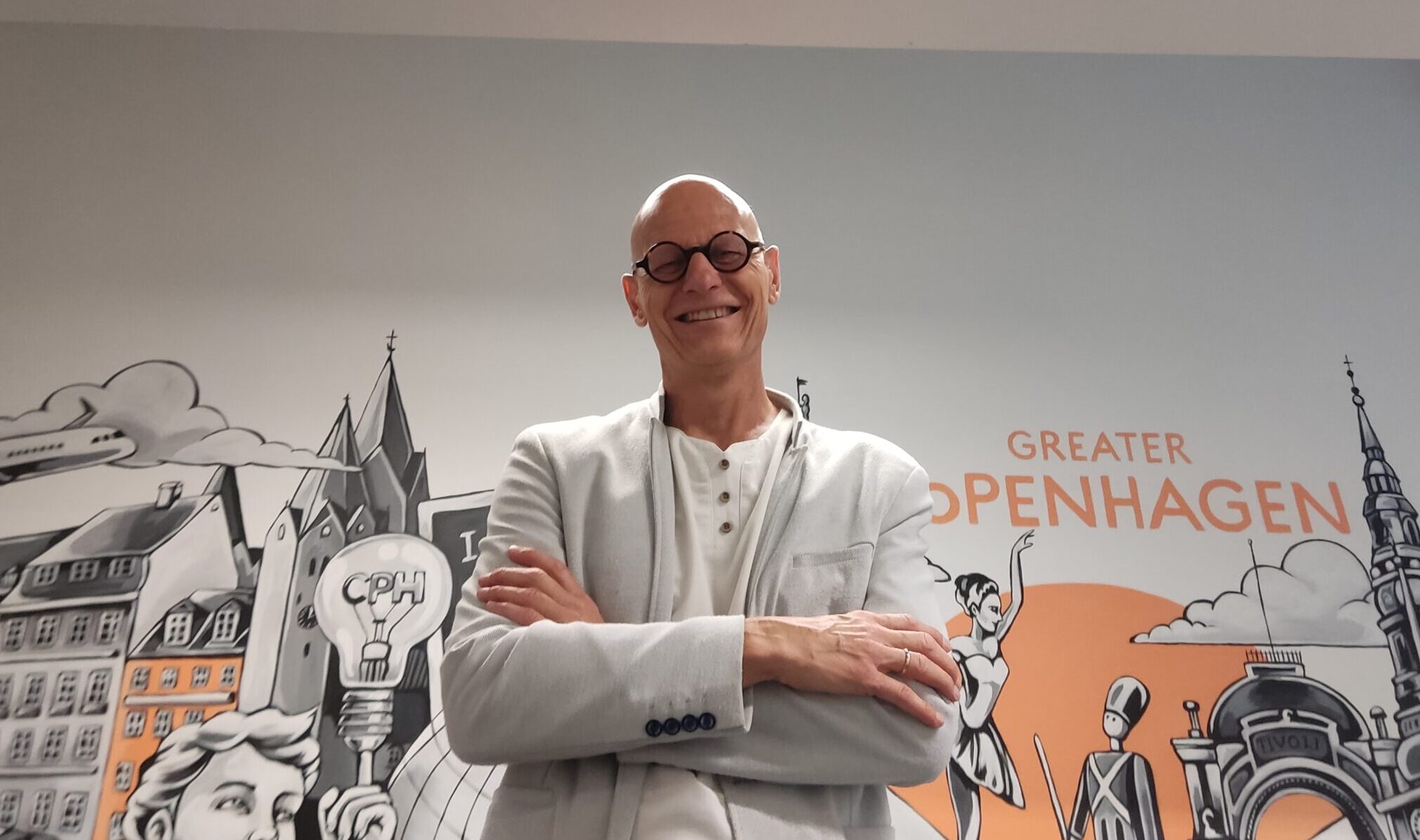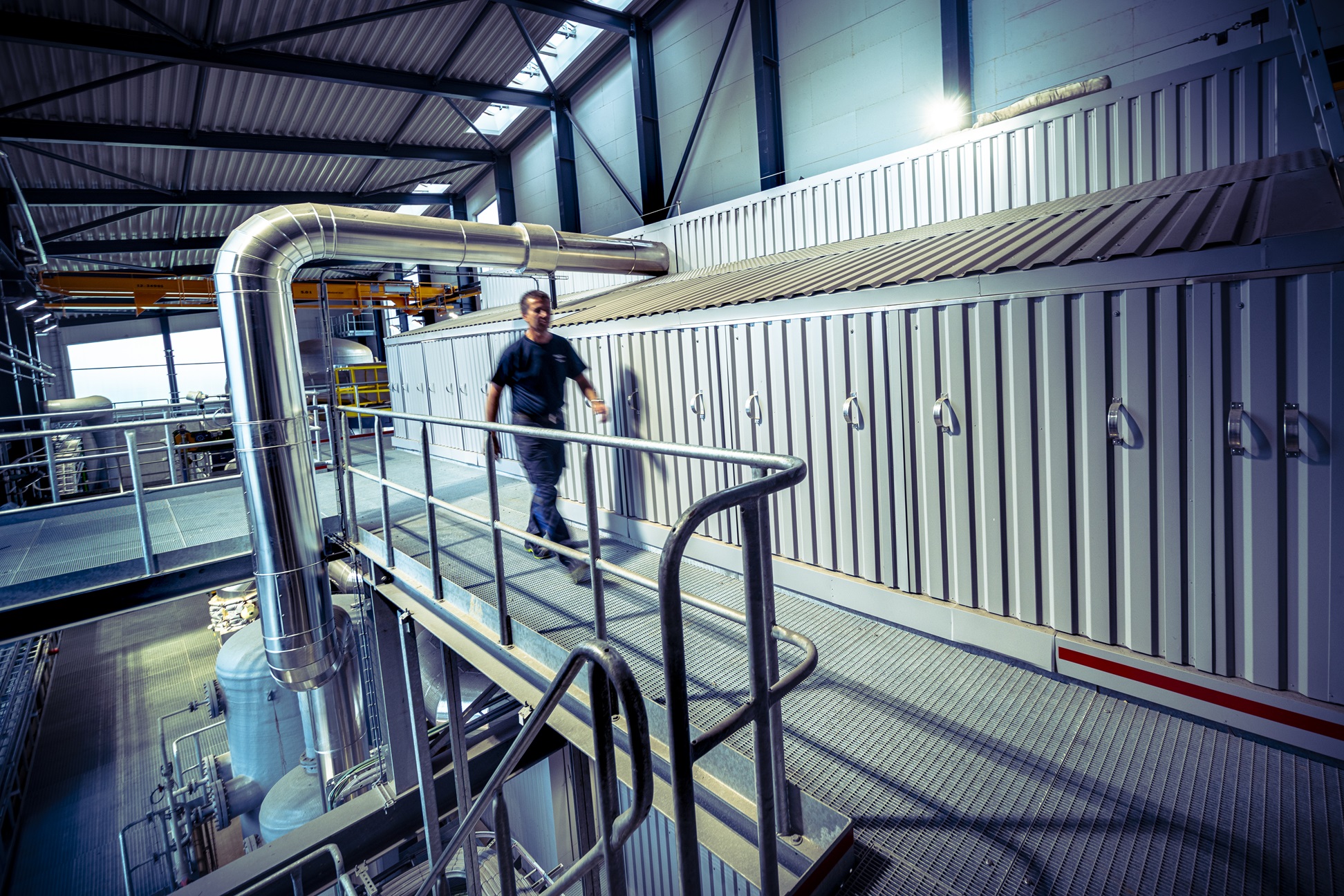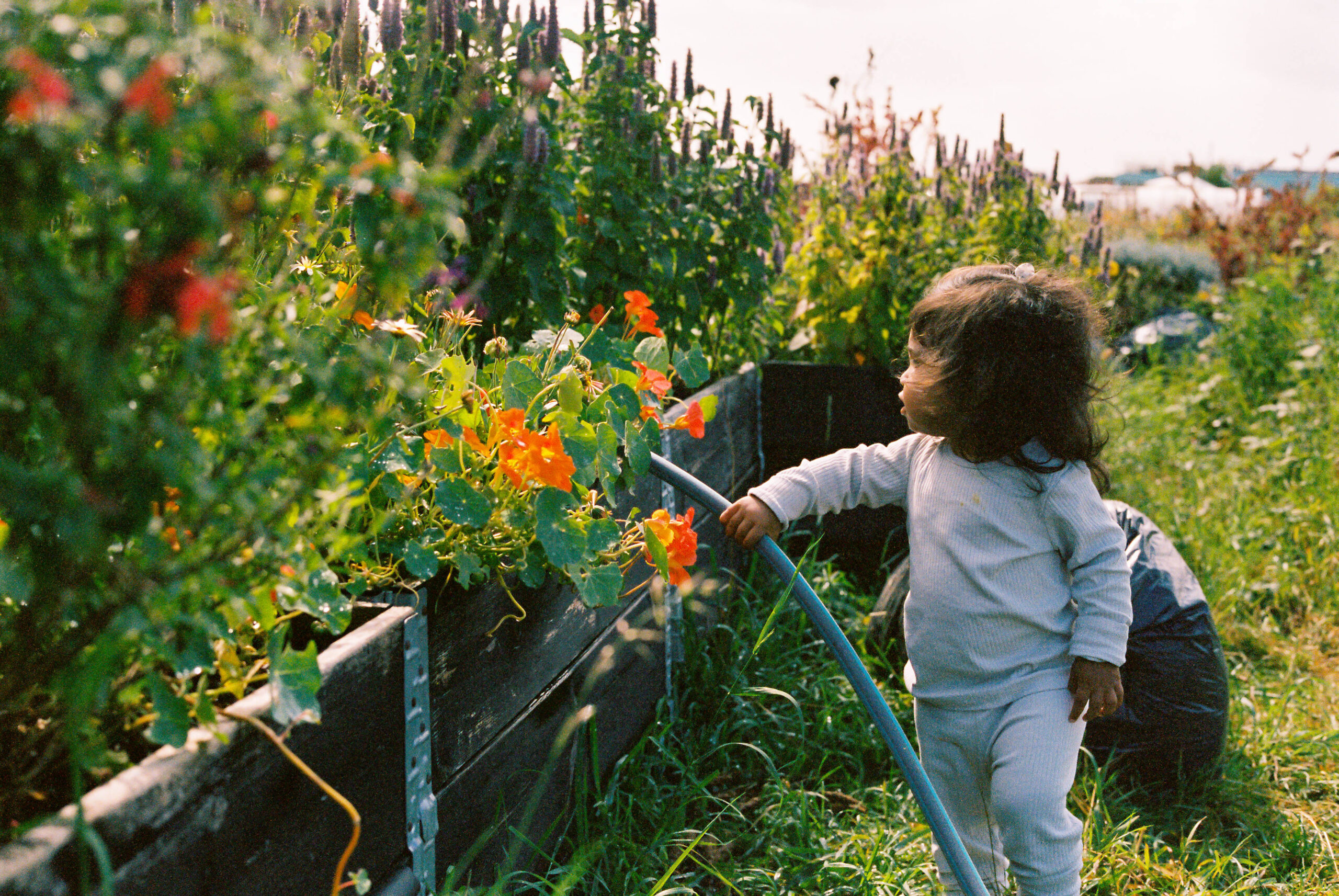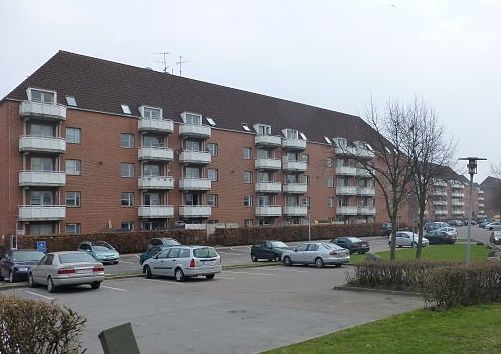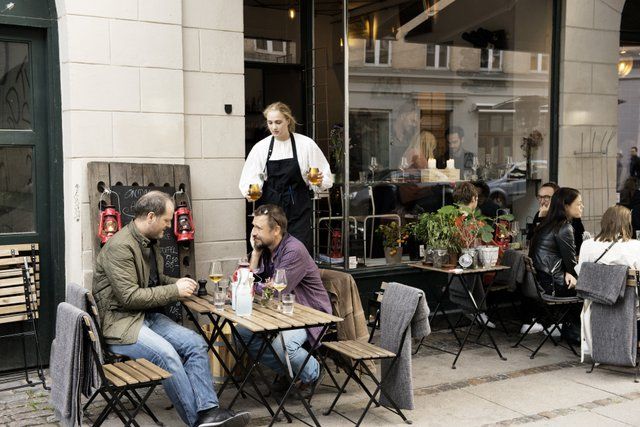On Wednesday, the Court of Greenland is due to decide on whether to continue the detention of veteran environmental activist and Greenpeace co-founder Paul Watson, 73, who is currently imprisoned in the Greenlandic capital of Nuuk.
The Canadian-born activist was arrested by Greenlandic police on 21 July during a refuelling stop aboard the ship ‘John Paul Dejoria’, en route to disrupt a Japanese whaling vessel.
He was arrested under an international warrant issued by Japan, which seeks Watson’s extradition to face trial for his anti-whaling interventions in the Antarctic region in 2010.
Japanese authorities believe he attacked Japanese whalers who were catching and killing whales and prevented them from doing so.
He is also charged with complicity in causing harm to a person.
Watson pleads not guilty.
As the activist’s imprisonment enters its third month, Denmark – in whose territory Greenland falls – is facing increasing international attention.
Since the arrest, there have been demonstrations for Watsons release in Copenhagen, New York and Paris.
Several celebrities and political figures have voiced their support for Watson, including French President Emmanuel Macron, whose office issued an official statement urging Danish authorities not to extradite the prominent environmentalist, according to Le Monde.
Actor Pierce Brosnan published a widely-circulated letter to the Danish Prime Minister Mette Frederiksen imploring her to “consider saving Paul Watson’s life”.
The hashtag #FreePaulWatson emerged on X, and the French actor turned animal rights activist Brigitte Bardot – a longtime patron of Watson’s work – told Le Parisien that he was “caught in a trap” and that the Japanese government had “launched a global manhunt”.
According to court law, an individual cannot be held in custody for more than four weeks without a hearing. Therefore, there has been a hearing on Watson’s continued detention approximately every month since his arrest.
Twice Watson has appealed the detention, and twice it has been extended by Greenland’s High Court, according to Ritzau.
After the latest hearing in August, Watson’s defence sought permission to escalate the issue of the continued jail term to the Supreme Court.
The Prosecution Grants Board has not yet delivered a decision on the request.
Ultimately, the Ministry of Justice in Denmark must decide whether Watson should be extradited to Japan.
Before then, the Ministry must obtain legal assessments from the Greenlandic Police and Attorney General.
When Watson was arrested, he had “stopped in Greenland with 25 volunteer crew to refuel, en route to the North West Passage as a part of the CPWF’s Operation Kangei Maru, a mission to intercept Japan’s newly-built factory whaling ship Kangei Maru in the North Pacific”, according to a CPWF press release.
The Kangei Maru’s vast 13,000km range is fuelling speculation that Japan may be planning a return to whaling in the Southern Ocean, five years after abandoning the controversial practice, reports The Guardian.
In May, the ship’s owner Kyodo Senpaku dismissed those suspicions.
“We left the IWC [International Whaling Commission] and so at this point in time it is not under consideration,” said spokesperson Konomu Kubo.
Japan has been the focus of strong anti-whaling activism. Before 2019, Japan hunted whales in the Antarctic and North Pacific, which it claimed was for ‘scientific’ purposes.
It currently operates commercial whaling along its own coastline.


